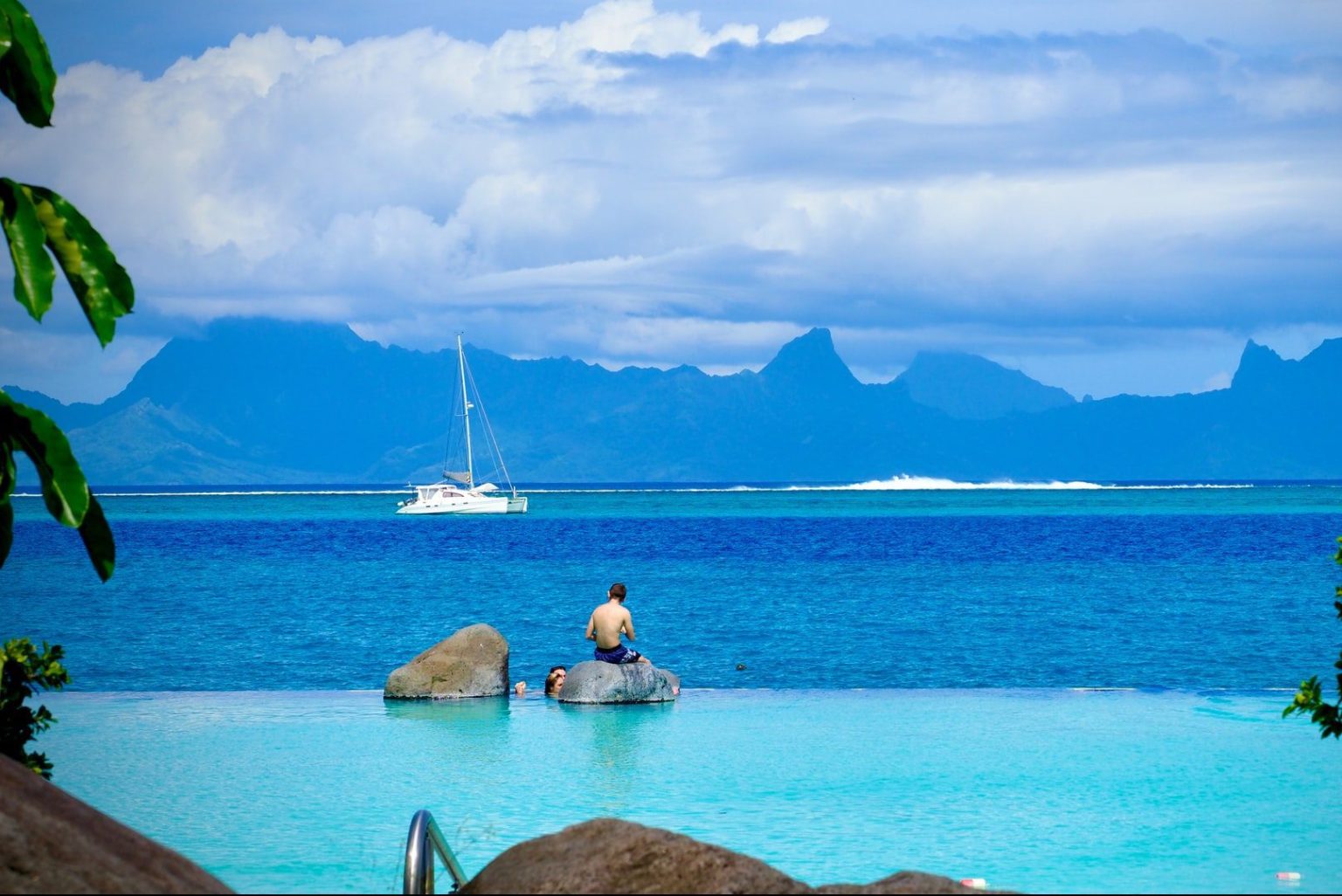Summarize this content to 2000 words in 6 paragraphs
Skift Take
Travel groups that specialize in corporate retreats are reporting plenty of demand, but convincing some customers of the ROI can be tough.
Christiana Sciaudone, Skift
Plex, a streaming company with a staff that’s fully remote, hosts a yearly retreat for more than 130 employees in locations from Mykonos to Tuscany to team-build and provide bonding opportunities.
“They’re invaluable,” Plex co-founder Scott Olechowski said. “There is a productivity gain after this, because everyone is so psyched, and retention is another huge component of that. You know, hiring people is expensive, getting people trained up and getting them productive is expensive.”
Travel groups that specialize in corporate retreats are reporting growing interest in their offerings.
Hilton is seeing a “material increase” in off-site team gatherings as a direct result of the cutback on office spaces and move to at-home work, according to Frank Passanante, senior vice president at the hotel chain.
The ROI of Retreats
Moniker, a corporate retreat planning agency, helps Plex plan its outings and has seen ups and downs since the pandemic. Revenue dropped to zero in 2020. In 2022, it had a major recovery before another dip in 2023 amid tech layoffs and a return to more conservative budgets.
Now, Moniker forecasts sales growth of 25% in 2025. While demand is healthy, the tough part is explaining to new customers the value of spending hundreds of thousands of dollars to bring staff to exotic locations like Tahiti.
“Our bread and butter is the full company, full team retreat, and I tell them that the ROI is unfortunately intangible,” said Sean Hoff, a managing partner at Moniker. “You’re going to see tenure. People are going to stick around longer because they’re going to like working here. They’re going to like the people they work with. They’re gonna be more bought into the vision. They’re gonna care more about the organization, and you’re gonna see lower turnover.”
In a 2023 survey, Internova Travel Group found that 40% of business trips were for internal meetings – much more than it expected. “There’s a lot more internal events being held because people aren’t in the office,” said Henry Gilroy, senior vice president of strategic development at Internova.
“It’s something that we’re really heavily investing in,” Gilroy said. “Incentive travel is really important to reward employees and get all your high performers together. So it’s definitely an area where we see a lot of growth on the corporate side.”
TravelPerk said it has seen growth in demand for offsites and retreats jump 40% this year, and 49% of businesses globally were looking to increase their travel budget in 2024 — of that, 33% were looking to invest more in employee social events like offsites and get-togethers, according to a 2024 survey of business travel decision-makers, business travelers and travel managers
Remote workforces require companies “to invest in retreats and in real life experiences,” said Kirk Reynolds, founder and CEO of Wilder Retreats.
His company, which runs nature-based team retreats, expects sales growth of 20% annually for the next two years. “The investment from the retreat is so profound, and the people who care to do that calculation will continue to invest,” Reynolds said.
The duration is generally three to five days, and the cost can range from $2,000 to $6,000 per person. It’s not cheap, but Reynolds argues there’s a high ROI from the improved loyalty, productivity, easier communication and new ideas.
Budgets can run close to $1 million for a single high-end trip with 200 or so employees for a few days abroad. Even with such a high potential cost, “the energy that comes out of it is incredible,” Plex’s Olechowski said. “Then it creates these stories that become kind of part of the culture. Little things carry people throughout the year.”


